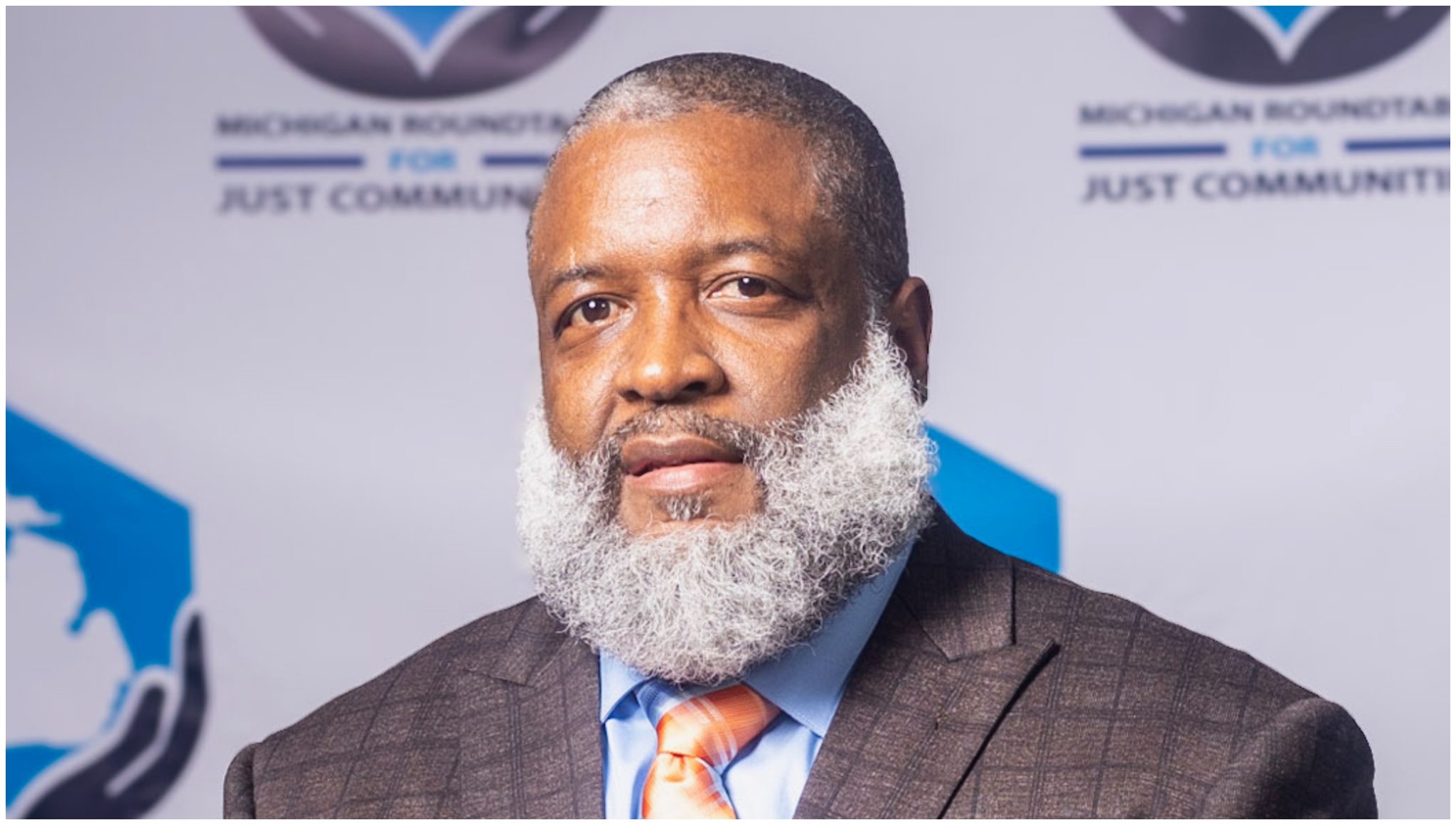Historic Leadership Marks New Era for Michigan Roundtable For Just Communities
Yusef Bunchy Shakur was recently named the new executive director of Michigan Roundtable For Just Communities. This Detroit-based nonprofit works hard to fight racism and build fair communities. Shakur is the first Black and formerly incarcerated person to lead the 84-year-old organization.
At 52, Shakur brings a fresh and personal perspective to the role. He says his leadership will focus on Black maternal love, workforce development, neighborhood engagement, and helping young people. These pillars match the nonprofit’s mission to end discrimination and systemic unfairness.
Longtime staff and leaders praise Shakur’s passion and energy. “He fuels the vision for this institution,” said Lacy Dawson, who worked with him since 2012. His rise from program director to executive director shows how much he has prepared for this moment.
Mama Akua Community House Reflects Shakur’s Life and Legacy
Shakur is also founder of the Mama Akua Community House in Detroit’s Northwest Goldberg neighborhood. The community center honors Black history and struggle through art and activism.
He explained, “We wanted an intersection of African history and Black history. It’s like a museum but also a place to show the Black struggle.” Walls show civil rights heroes like Harriet Tubman, Malcolm X, and Martin Luther King Jr. The house is named after Akua Budu-Watkins, a Detroit activist and mentor to Shakur after his prison release.
For Shakur, the center is more than a building. It represents his journey over 24 years from a troubled youth to a respected community leader. The center stands on the same block where he grew up.
Turning Past Struggles into a Future Vision
Shakur’s past includes nearly a decade in prison. In the early 1990s, he was involved in a gang and was convicted of assault, a crime he says he did not commit.
While incarcerated, he developed a relationship with his father through letters. This connection helped him improve his reading and writing skills. It also inspired him to learn about civil rights leaders and reshape his life.
After his release in 2001, Shakur decided not to return to prison. Instead, he found support from mentors like Akua Budu-Watkins. “She made sure I was supported in my tasks,” said Shakur’s community house manager, Sherri Smith.
Shakur began community work by giving backpacks to neighborhood children. He later opened a bookstore and recording studio. When that closed, a neighbor gifted him the house that became Mama Akua Community House.
Workforce Development and Support for Young People
As executive director, Shakur plans to start workforce programs for teens and young adults, especially those with criminal records. He said, “I want to create jobs for those locked outside of the workforce.”
He explained how his experience in prison shapes this work: “When I was in prison, I would get a care package that helped me get through tough times. That’s what this work would do—give people care packages to help them over the hump.”
Shakur and Michigan Roundtable are also working on Battle Creek Rising, a project with Black leaders to build community and economic growth.
Education, Art, and Advocacy Shape Shakur’s Leadership
Shakur’s achievements go beyond community organizing. He earned a Ph.D. in public policy and social change. He published several books and released a documentary about his life called Redemption Road.
The film has won 17 awards and appeared at more than 30 festivals. It will soon screen at the International Black & Diversity Film Festival in Toronto.
Shakur’s story is one of resilience and hope. “Life will have struggles,” he said. “But you can’t be mad at the world. You have to believe in yourself.”





